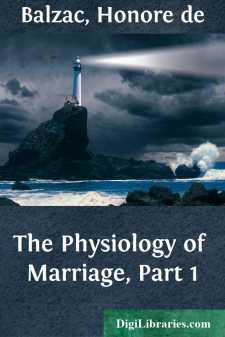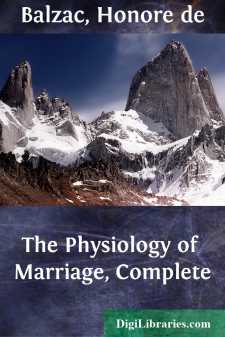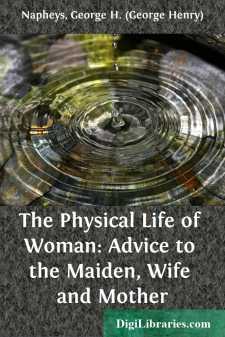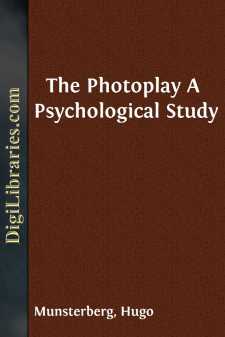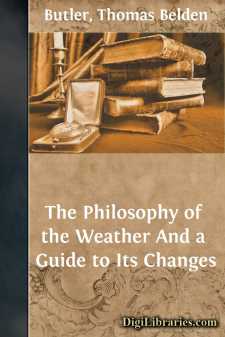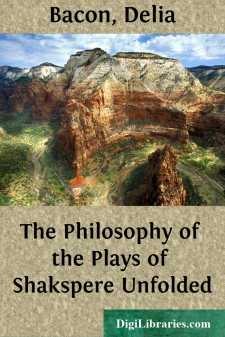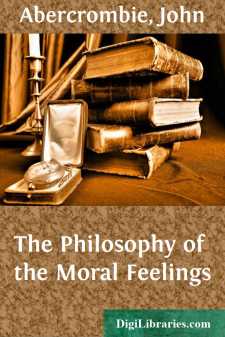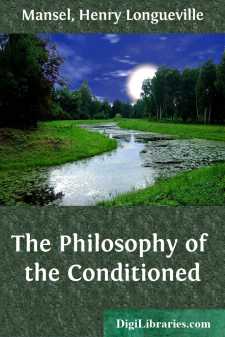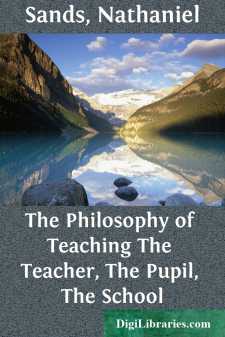Categories
- Antiques & Collectibles 13
- Architecture 36
- Art 48
- Bibles 22
- Biography & Autobiography 813
- Body, Mind & Spirit 142
- Business & Economics 28
- Children's Books 15
- Children's Fiction 12
- Computers 4
- Cooking 94
- Crafts & Hobbies 4
- Drama 346
- Education 46
- Family & Relationships 57
- Fiction 11829
- Games 19
- Gardening 17
- Health & Fitness 34
- History 1377
- House & Home 1
- Humor 147
- Juvenile Fiction 1873
- Juvenile Nonfiction 202
- Language Arts & Disciplines 88
- Law 16
- Literary Collections 686
- Literary Criticism 179
- Mathematics 13
- Medical 41
- Music 40
- Nature 179
- Non-Classifiable 1768
- Performing Arts 7
- Periodicals 1453
- Philosophy 64
- Photography 2
- Poetry 896
- Political Science 203
- Psychology 42
- Reference 154
- Religion 513
- Science 126
- Self-Help 84
- Social Science 81
- Sports & Recreation 34
- Study Aids 3
- Technology & Engineering 59
- Transportation 23
- Travel 463
- True Crime 29
Sort by:
by:
Honore de Balzac
"Marriage is not an institution of nature. The family in the east is entirely different from the family in the west. Man is the servant of nature, and the institutions of society are grafts, not spontaneous growths of nature. Laws are made to suit manners, and manners vary. "Marriage must therefore undergo the gradual development towards perfection to which all human affairs submit." These...
more...
by:
Honore de Balzac
INTRODUCTION "Marriage is not an institution of nature. The family in the east is entirely different from the family in the west. Man is the servant of nature, and the institutions of society are grafts, not spontaneous growths of nature. Laws are made to suit manners, and manners vary. "Marriage must therefore undergo the gradual development towards perfection to which all human affairs...
more...
Were man's life measured by his deeds, as the poet suggests, how brief would be the long years of many an octogenarian, and how extended the short span which has been allotted to not a few of the world's famous heroes! This oft-repeated thought strikes us forcibly in considering the biography of the subject of this sketch. Closing his life at an age when most professional men are but...
more...
by:
Hugo Munsterberg
CHAPTER I THE OUTER DEVELOPMENT OF THE MOVING PICTURES It is arbitrary to say where the development of the moving pictures began and it is impossible to foresee where it will lead. What invention marked the beginning? Was it the first device to introduce movement into the pictures on a screen? Or did the development begin with the first photographing of various phases of moving objects? Or did it start...
more...
CHAPTER 1. THE EGG It began with the day when it was almost the Fifth of November, and a doubt arose in some breast—Robert's, I fancy—as to the quality of the fireworks laid in for the Guy Fawkes celebration. 'They were jolly cheap,' said whoever it was, and I think it was Robert, 'and suppose they didn't go off on the night? Those Prosser kids would have something to...
more...
INTRODUCTION. The atmospheric conditions and phenomena which constitute “The Weather” are of surpassing interest. Now, we rejoice in the genial air and warm rains of spring, which clothe the earth with verdure; in the alternating heat and showers of summer, which insure the bountiful harvest; in the milder, ripening sunshine of autumn; or the mantle of snow and the invigorating air of a moderate...
more...
by:
Delia Bacon
PREFACE. This Volume contains the argument, drawn from the Plays usually attributed to Shakspere, in support of a theory which the author of it has demonstrated by historical evidences in another work. Having never read this historical demonstration (which remains still in manuscript, with the exception of a preliminary chapter, published long ago in an American periodical), I deem it necessary to cite...
more...
by:
John Abercrombie
NATURE AND IMPORTANCE OF THE SCIENCEOF THE MORAL FEELINGS. Man is to be contemplated as an intellectual, and as a moral being. By his intellectual powers, he acquires the knowledge of facts, observes their connexions, and traces the conclusions which arise out of them. These mental operations, however, even in a high state of cultivation, may be directed entirely to truths of an extrinsic kind,—that...
more...
THE PHILOSOPHY OF THE CONDITIONED. The reader of Plato’s Republic will readily recall to mind that wonderful passage at the end of the sixth book, in which the philosopher, under the image of geometrical lines, exhibits the various relations of the intelligible to the sensible world; especially his lofty aspirations with regard to “that second segment of the intelligible world, which reason of...
more...
by:
Nathaniel Sands
TEACHER AND PUPIL. Of the various callings to which the division of labor has caused man specially to devote himself, there is none to be compared for nobility or usefulness with that of the true teacher. Yet neither teachers nor people at present realize this truth. Among the very few lessons of value which might be derived from so-called “classical” studies, is that of the proper estimate in...
more...


